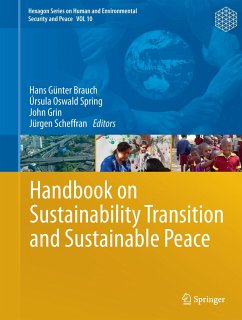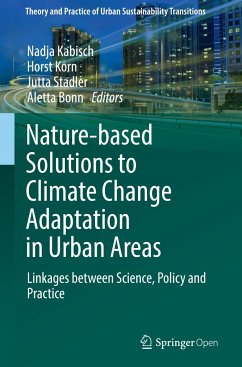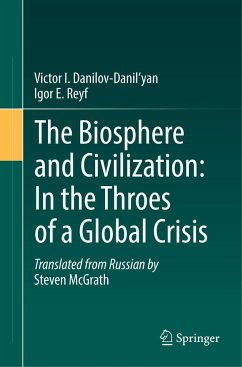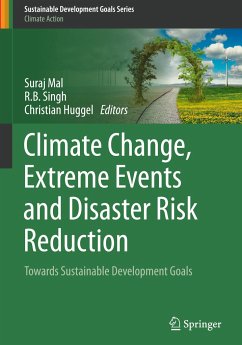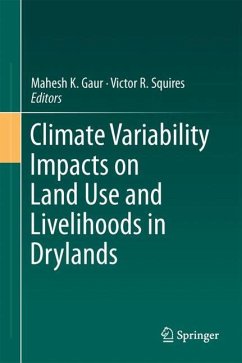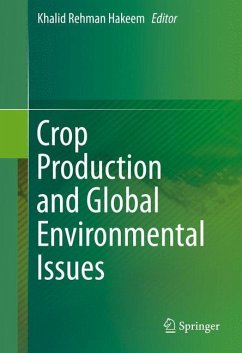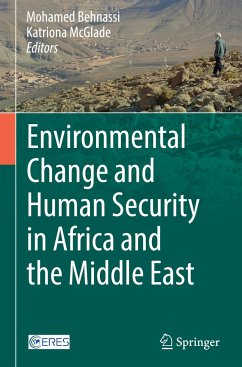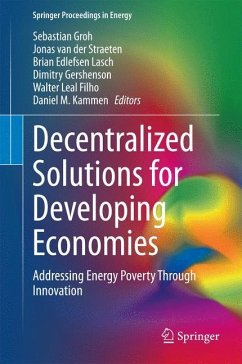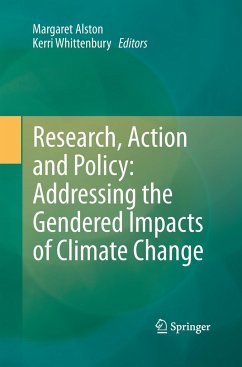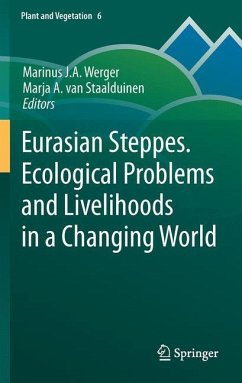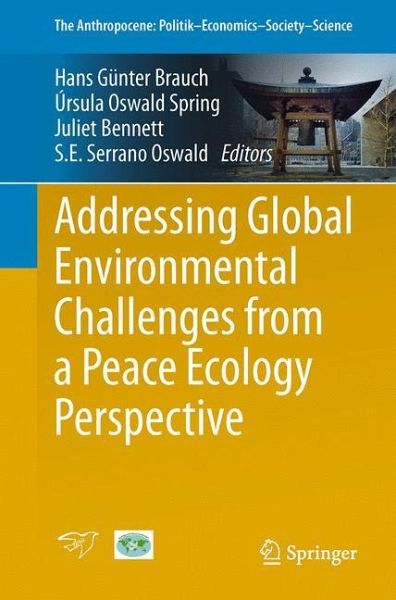
Addressing Global Environmental Challenges from a Peace Ecology Perspective

PAYBACK Punkte
19 °P sammeln!
Addressing global environmental challenges from a peace ecology perspective, the present book offers peer-reviewed texts that build on the expanding field of peace ecology and applies this concept to global environmental challenges in the Anthropocene. Hans Günter Brauch (Germany) offers a typology of time and turning points in the 20th century; Juliet Bennett (Australia) discusses the global ecological crisis resulting from a "tyranny of small decisions"; Katharina Bitzker (Canada) debates "the emotional dimensions of ecological peacebuilding" through love of nature; Henri Myrttinen (UK) ana...
Addressing global environmental challenges from a peace ecology perspective, the present book offers peer-reviewed texts that build on the expanding field of peace ecology and applies this concept to global environmental challenges in the Anthropocene. Hans Günter Brauch (Germany) offers a typology of time and turning points in the 20th century; Juliet Bennett (Australia) discusses the global ecological crisis resulting from a "tyranny of small decisions"; Katharina Bitzker (Canada) debates "the emotional dimensions of ecological peacebuilding" through love of nature; Henri Myrttinen (UK) analyses "preliminary findings on gender, peacebuilding and climate change in Honduras" while Úrsula Oswald Spring (Mexíco) offers a critical review of the policy and scientific nexus debate on "the water, energy, food and biodiversity nexus", reflecting on security in Mexico. In closing, Brauch discusses whether strategies of sustainability transition may enhance the prospects for achievingsustainable peace in the Anthropocene.



